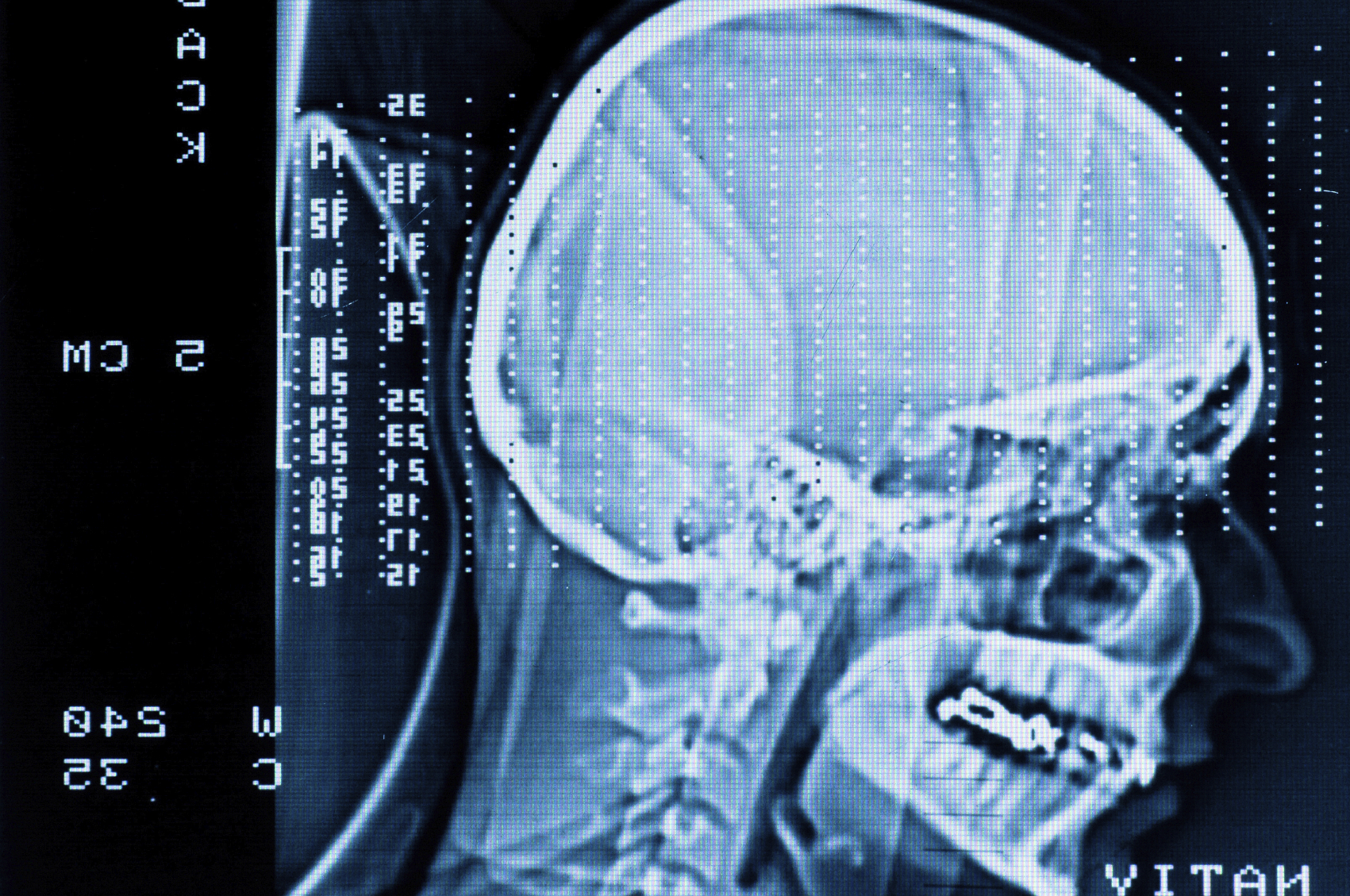 The brain is the center of operations for the whole human body. So, when a brain injury occurs, it can be hard to predict exactly what the effects are going to be. People who research TBI tend to group symptoms and effects into three categories: physical, emotional and cognitive. We blogged last week about the cognitive effects. Let’s look at some of the emotional ones.
The brain is the center of operations for the whole human body. So, when a brain injury occurs, it can be hard to predict exactly what the effects are going to be. People who research TBI tend to group symptoms and effects into three categories: physical, emotional and cognitive. We blogged last week about the cognitive effects. Let’s look at some of the emotional ones.
Emotional Complications Related to TBI
- Inability or reduced capacity to control emotions. One of the most common side effects of TBI is mood swings. Sudden, rapid onset of different feelings like anger, sadness and happiness are all possible. The medical term for mood swings is emotional lability, and it can be the result of damage to the parts of the brain that process emotion. Sometimes, these mood swings have triggers. Sometimes, they do not. They don’t even have to be related to how a person is feeling. Someone who is depressed might not be able to stop laughing, for example.
- Speaking of depression, it is another prevalent effect of TBI. Sometimes, the depression is the direct result of damage to the brain and the biochemical and physical changes that can produce. Or, it can result from the struggle as that person recovers, especially if that person is disabled in the long-term.
- Fear, nervousness and paranoia unrelated to the TBI sufferer’s environment can manifest after the injury. Sometimes, these feelings are the result of being emotionally overwhelmed, which is something TBI sufferers deal with frequently.
- The struggles of recovering from TBI and dealing with disability as a result can lead to temper flares, sometimes out of nowhere. Physical outbursts, verbal threats, cursing, screaming, increased frustration – all common after certain brain injuries. Over two-thirds of TBI sufferers experience some form of irritability.
Next week, we’ll round off the series with a look at physical complications.






